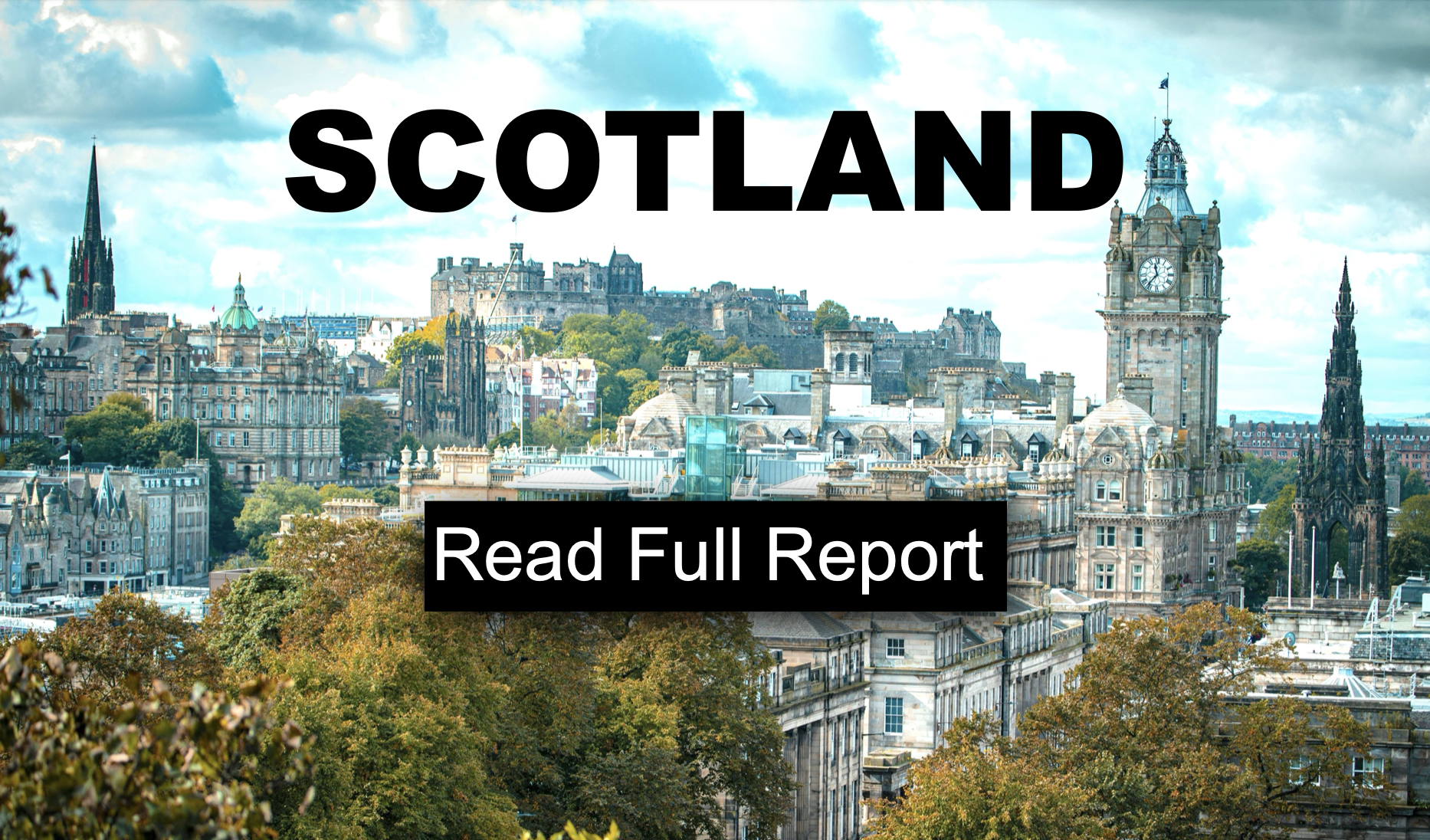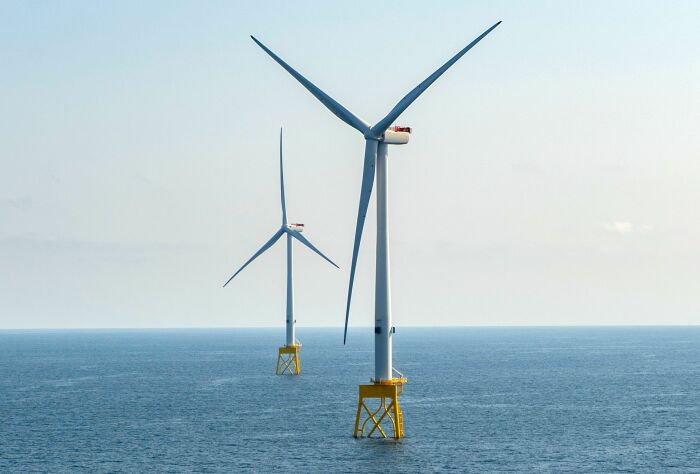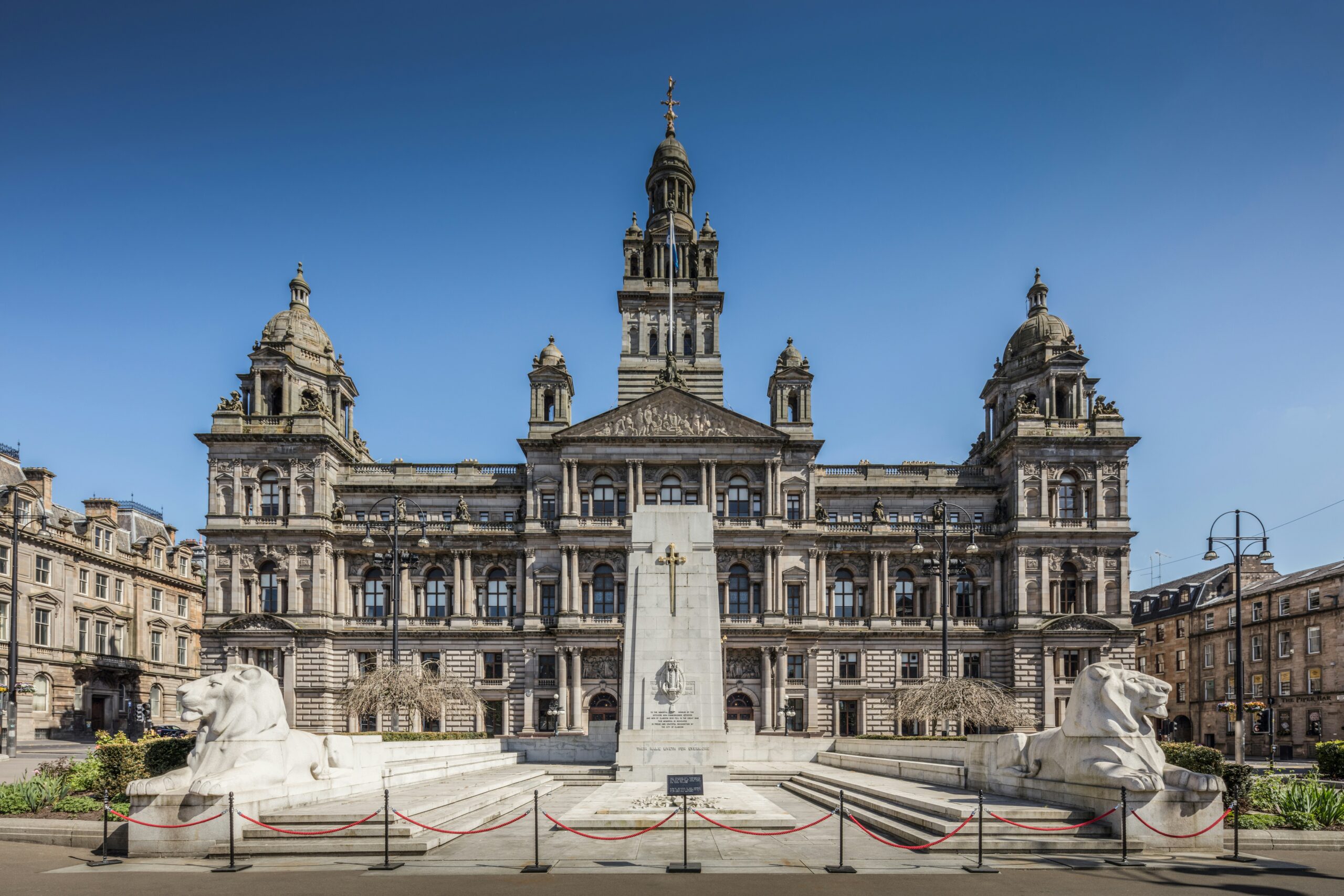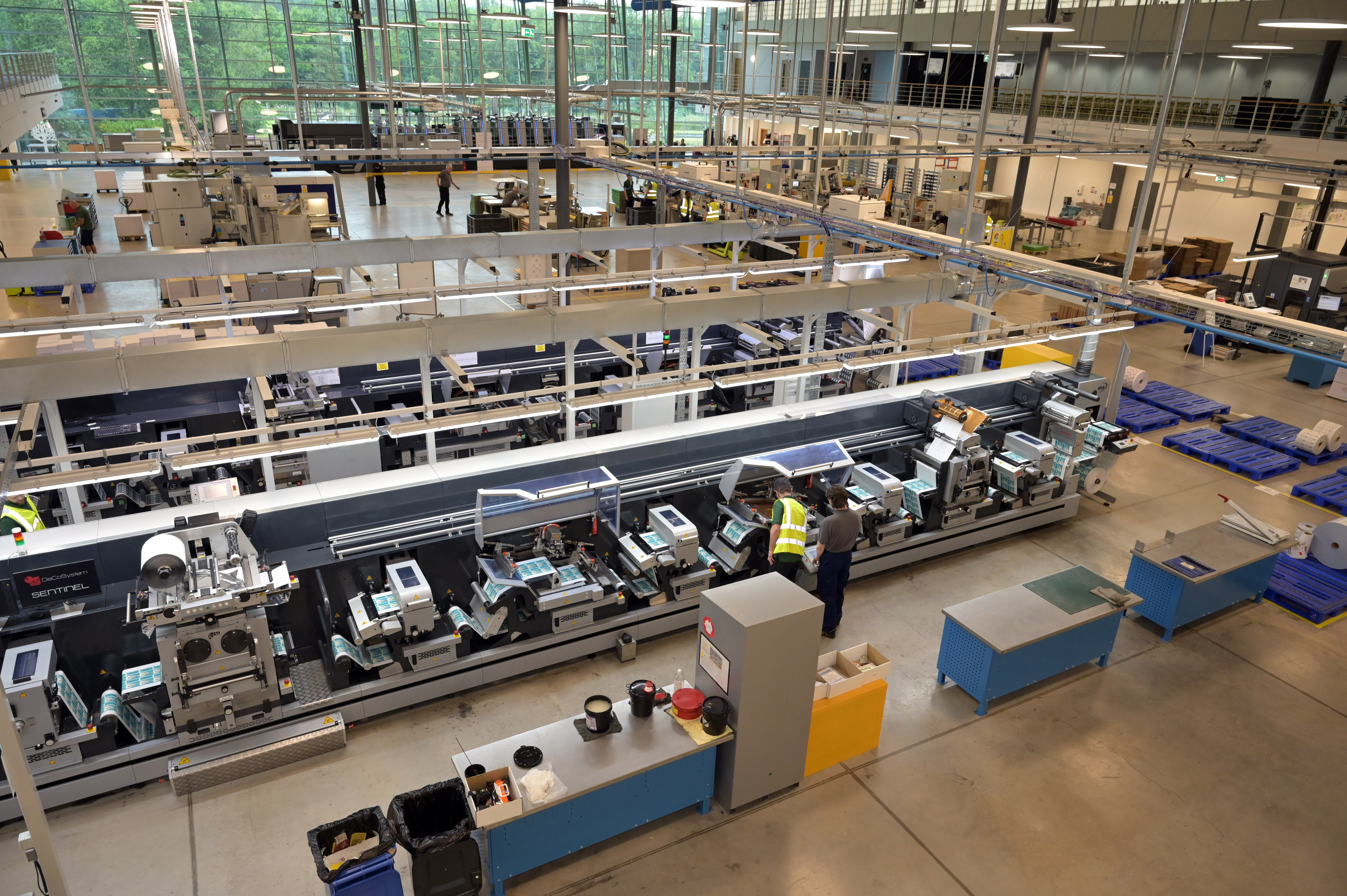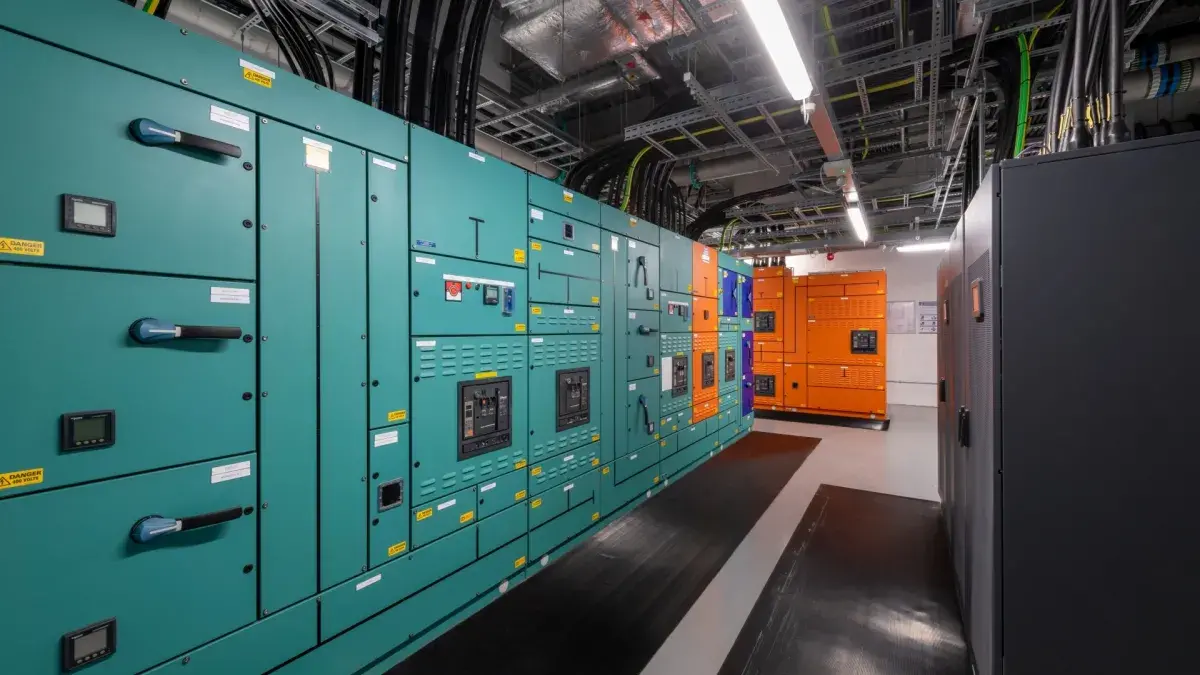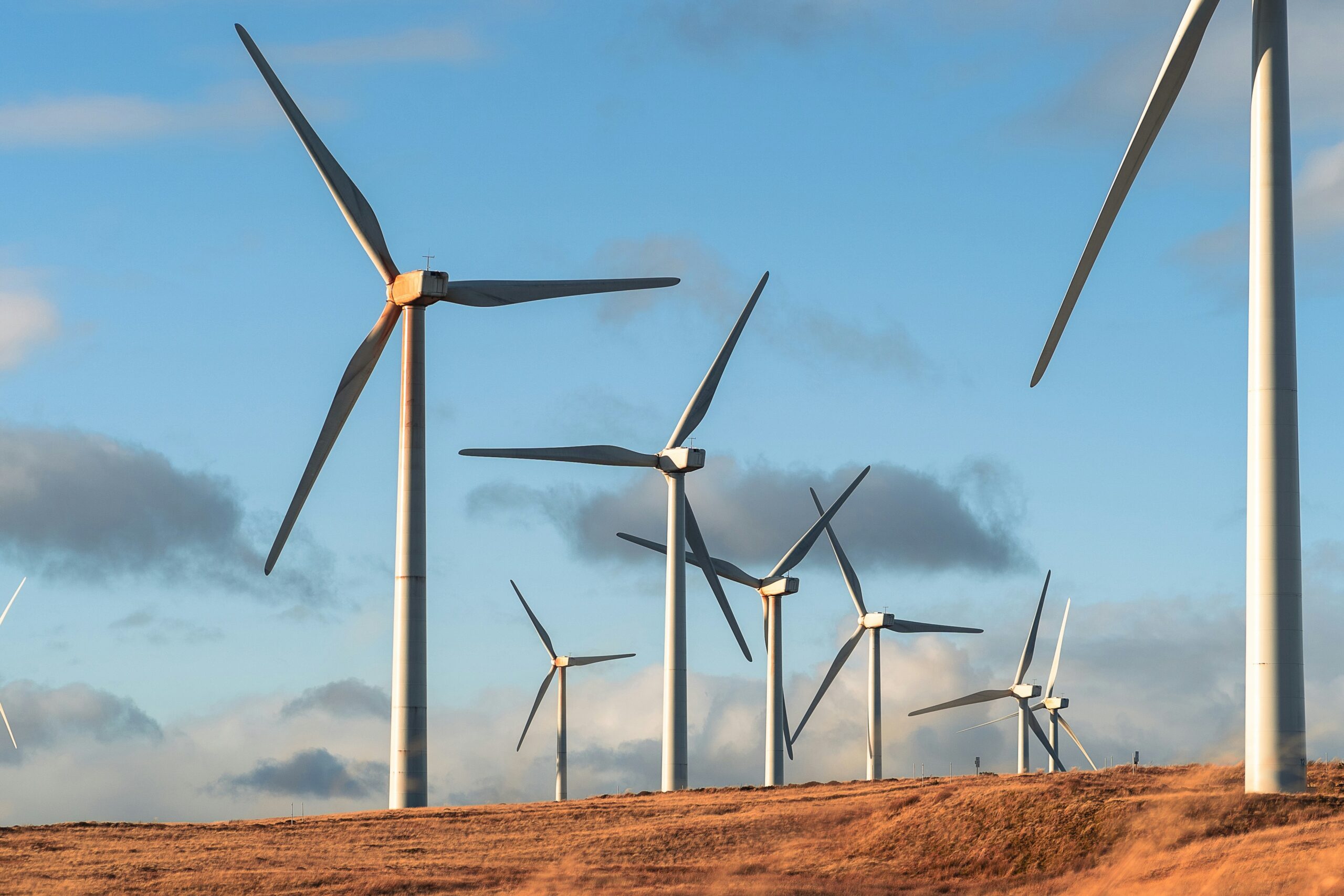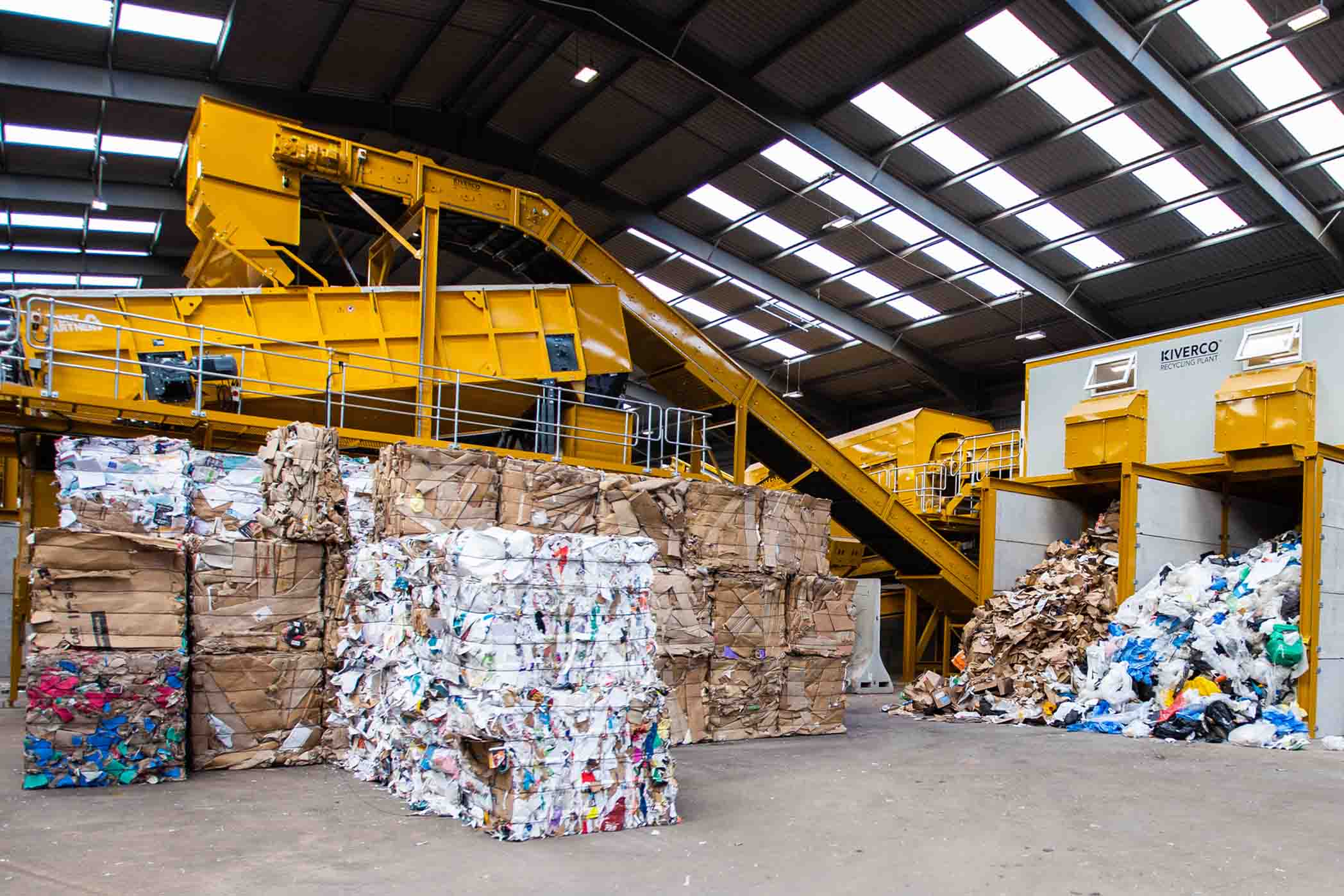The Ministry of Planning, Monitoring and Administrative Reform’s vision is to ensure efficient planning and management of the state’s public investments. It seeks sustainable economic development by ensuring the state’s administrative body becomes increasingly more effective, efficient, and capable of managing state resources to provide quality services to citizens.

How do you assess Vision 2030’s plans to meet sustainable development goals?
The Government of Egypt has embarked on an ambitious reform agenda to achieve key strategic objectives for the country’s growth and development by 2030 and demonstrated a strong commitment to achieving the Sustainable Development Goals at the highest political level. Upon the signature of 193 UN Member States of the 2030 Agenda for Sustainable Development, Egypt was one of the first countries to adopt its localized agenda through the adoption of the Sustainable Development Strategy: Egypt Vision 2030 (SDS). The strategy followed a participatory approach involving all relevant stakeholders – the private sector, civil society, and academia.
Since its launch, the Government of Egypt has been committed to developing and monitoring its progress towards achieving the SDGs, as reflected in its initiative to present a Voluntary National Review (VNR) on its progress ahead of the United Nations’ High-Level Political Forum in both 2016 and 2018. In addition, the SDS has granted a solid governance foundation for matters related to the SDGs. In December 2015, the National Committee for Monitoring the Implementation of the Sustainable Development Goals was established by prime-ministerial decree to act as an inter-institutional body responsible for monitoring the implementation of the SDGs. The committee is composed of representatives of seventeen ministries and state entities.
SDG units have also been established in some ministries, and will soon be established in all ministries.
The SDS is a national development strategy that guides the GoE’s reform measures and is aligned with the 17 SDGs, as well as African Agenda 2063. More specifically, it covers the social, economic, and environmental dimensions of the SDGs. The strategy aims to serve as an inclusive governing framework that ensures that all development programs and projects contribute to advancing the SDGs in Egypt. In order to accommodate to the economic and social impacts of the government’s economic reform programs that launched in 2016, the Ministry of Planning, Monitoring, and Administrative Reform is currently leading an update and review of the strategy.
As it was made clear in the 2018 VNR presented by Egypt, the country has made significant progress in a number of areas. Within a three-year timeframe, tangible progress has been made with a number of SDG goals such as goal 5, 7, 8, 11, and 16.
Despite the progress achieved so far, Egypt faces a number of key challenges that hamper its ability to reach its untapped potential, and ultimately achieve the SDGs, namely – data availability, poor governance, high population growth, and insufficient financing.
How can the private sector participate in the process?
In alignment with SDG 17 “Strengthening Implementation and Partnerships,” the GoE is aware that the 2030 Agenda is a formidable task which requires well-coordinated efforts on the part of all principal stakeholders: the Government, the private sector, civil society, and international development partners.
The participation of the private sector is of essential importance to the process of achieving the Agenda, and there are a number of ways in which it can do so. Firstly, the private sector can contribute to the process of designing and updating the SDS. As mentioned previously, the Ministry of Planning, Monitoring, and Administrative Reform is currently leading the update of the SDS, and is undergoing a series of consultations with all relevant stakeholders. The GoE calls on the engagement of the private sector community through the provision of inputs and insights in order to develop the optimal, inclusive national strategy.
The second means by which the private sector can participate in the process is through contributing to the implementation of the SDGs by dedicating long-term, sustainable investments. Egypt has a breadth of resources, which is reflected in the fact that multiple sectors responsible for its rising economic growth. We wish to leverage investments that have recently been made in our infrastructure to boost sectors that increase the added value to our output, and take advantage of our natural and human resources. The strength of our natural and human resources, coupled with unwavering commitment to reform, promises a bright future for seven specific sectors: manufacturing; wholesale and retail trade; tourism; real estate and infrastructure; communications and information technology; extractive industries and; agribusiness. We have identified these sectors as those with the highest potential and we are finalizing a strategy for structural reform to push these sectors forward with specific short and medium term KPIs.
The GoE has taken initiative to encourage the engagement of the private sector by taking measures to improve the business climate, stabilize the economy, and reduce risk and uncertainty for investors. This was done through the ambitious IMF-backed economic reform program, which entailed a series of fiscal, monetary, and regulatory reforms that have since then strongly improved the economy. In addition, the GoE took an initiative to establish the first Egyptian sovereign fund – Egypt Fund, which should be fully established in early 2019. The fund will grant investors the opportunity to tap into the immense pool of state-owned resources through a government-backed and privately managed investment fund.
Lastly, we urge the private sector to utilize their resources to give back to Egyptian community through Corporate Social Responsibility programs aligned with the government’s development program, and transferring expertise to the local labor force.
What role will Egypt’s new sovereign wealth fund play in developing a sustainable national economy?
The Egypt Fund (EF) is a perfect example of a practical modality for a public-private partnership that can be used to capitalize on the immense pool of resources and assets belonging to the state, and crowd in the private sector in the process. The main objective of the fund is to better utilize Egypt’s wealth of assets and natural resources to maximize their value for the coming generations and contribute positively to state revenues.
The EF does not belong to the first generation of sovereign wealth funds, as it would not depend on balance of payments surplus and will mainly focus on investing domestically, whether in existing assets and companies or in new fields and opportunities in the Egyptian economy. Instead, it can be classified as a sovereign development fund – a sovereign wealth fund focused on promoting the national economic and development goals of the government. When fully established, the EF is expected to attract the sustainable and inclusive investment needed to achieve the SDS.
The Fund will acquire utilized and unutilized public assets and stakes in companies at their market value. The Fund could acquire specific companies and assets (including land and buildings) to co-develop with private investors to inject capital and advanced management strategies to generate higher returns. Given the flexibility of the EF law, various investment models will be feasible to allow the Fund to create the maximum returns on these assets, while also developing specific activities and geographical areas in Egypt.
The EF will be the largest investment entity in Egypt, and will seek investment opportunities in selected projects across sectors, with specific focus on underdeveloped sectors and geographic areas. This will be done bearing in mind the main objective of value and profit generation, combined with sustainable development. The main strength of the EF will be its ability to move with agility on new investment opportunities, with the full weight of the government behind it in resolving any impediments that face investors, and more importantly, in moving in a more structured manner to mobilize assets and companies in Egypt to attract investors and create jobs and growth, in an environment equal to any opportunity abroad.
To ensure the developmental focus of the EF, compliance with responsible development practices such as Environment, Social, and Governance (ESG) principles have been made mandatory within the Fund’s articles of associations, which are expected to be finalized before the end of the year.

